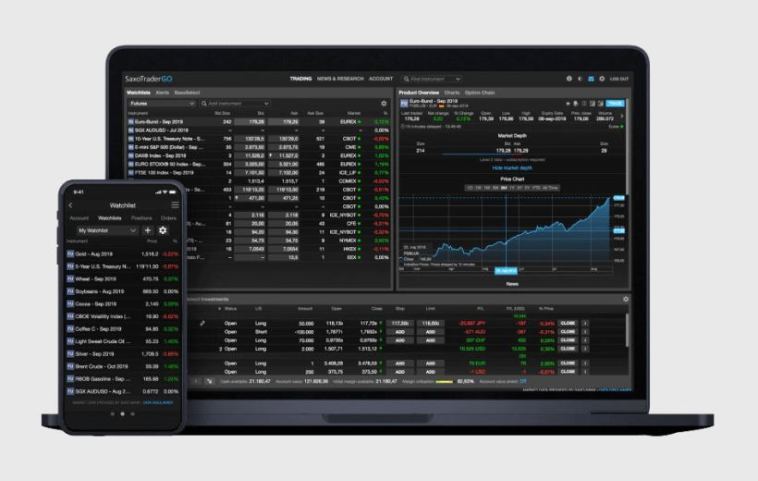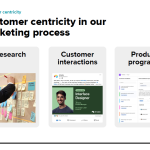- Like
- SHARE
- Digg
- Del
- Tumblr
- VKontakte
- Flattr
- Buffer
- Love This
- Save
- Odnoklassniki
- Meneame
- Blogger
- Amazon
- Yahoo Mail
- Gmail
- AOL
- Newsvine
- HackerNews
- Evernote
- MySpace
- Mail.ru
- Viadeo
- Line
- Comments
- Yummly
- SMS
- Viber
- Telegram
- JOIN
- Skype
- Facebook Messenger
- Kakao
- LiveJournal
- Yammer
- Edgar
- Fintel
- Mix
- Instapaper
- Copy Link
Introduction
A futures contract is an agreement to buy or sell an asset at a future date at a price agreed upon today. Futures contracts are standardised so that you can trade them on an exchange. The most common type of futures contract is for commodities, but contracts for other assets such as bonds and currencies are also available.
Futures contracts are bought and sold through brokers, and the supply and demand for them determine the contract’s price. When you buy a futures contract, you agree to buy the underlying asset at a price specified in the contract at a future date. If the asset price goes up between now and then, you will make a profit on the difference. Similarly, if the price goes down, you will make a loss.
Investors often use product futures to hedge against the risk of price movements in the underlying asset. For example, if you are worried that the price of gold might fall, you could buy a gold futures contract. If the price falls, you will offset some of your losses on your physical holdings of gold.
To day-trade futures contracts in Hong Kong, you need a broker who offers this service. You will also need to open a margin account with the broker. When you buy a futures contract, you are required to put down a deposit, which is known as the margin. The margin is a small percentage of the contract’s total value, and it acts as collateral in case the price moves against you and you are unable to meet your obligations under the contract.
How to Day Trade Futures Contracts
1. Choose the asset you want to trade
After finding a broker and putting down a margin, you need to choose the asset you want to trade. The most popular futures contracts are for gold, silver, and oil commodities. However, there are also contracts for other assets such as bonds and currencies.
2. Place an order to buy or sell the contract
When you have decided on the contract you want to trade, you need to place an order with your broker to buy or sell the contract. If you think the asset price will go up, you will place a buy order. If you think the price will go down, you will place a sell order.
Your broker will match your order with another trader’s order on the exchange and execute your trade at a price specified in the contract.
3. Monitor your position
Once your trade is executed, you need to monitor your position, which means keeping track of the underlying asset’s price and making sure that it doesn’t move too far against you.
If the price moves against you and your losses start to exceed the margin, your broker will require you to put up more money to cover the losses, known as a margin call. If you cannot meet the margin call, your broker will close out your position, and you will lose all of the money you have invested.
Risks of Trading with Futures Contracts
1. Volatility
Futures contracts are a risky investment, and you can lose a lot of money if the underlying asset’s price moves against you. The margin is a small percentage of the contract’s total value, and it only acts as collateral.
2. Liquidity
Another risk of trading with futures contracts is that they are not very liquid, meaning that it can be challenging to find someone to take the other side of your trade. As a result, you may have to accept a lower price for your contract to be able to sell it.
3. Leverage
Leverage is when you use borrowed money to finance your investment. It can magnify your profits if the underlying asset’s price goes up, but it can also magnify your losses if the price falls.
4. Counterparty risk
Another risk to consider when trading with futures contracts is counterparty risk that the other party to the contract will not fulfil their obligations. For example, if you buy a gold futures contract from a company and they go bankrupt, you may not get your gold.


